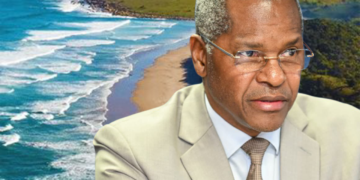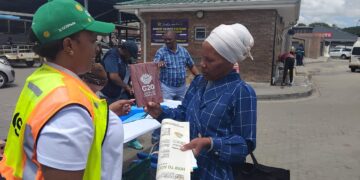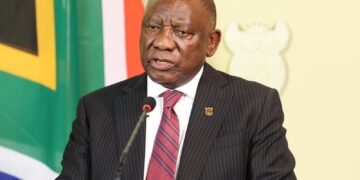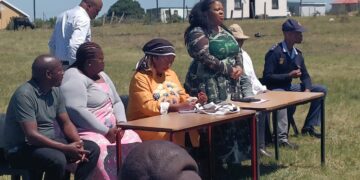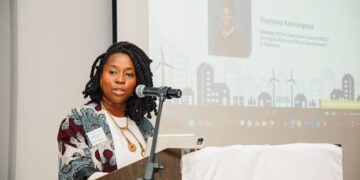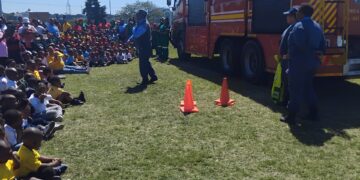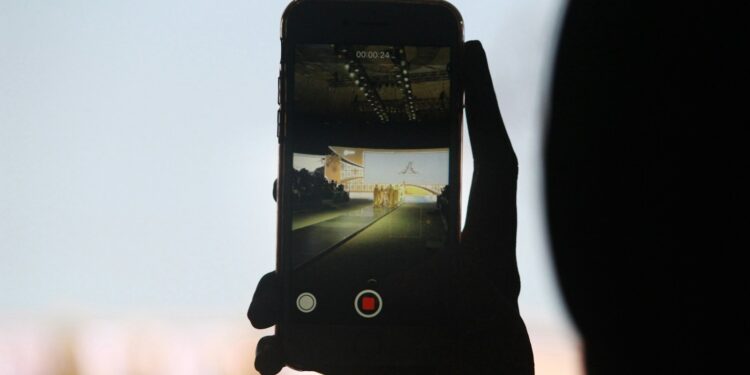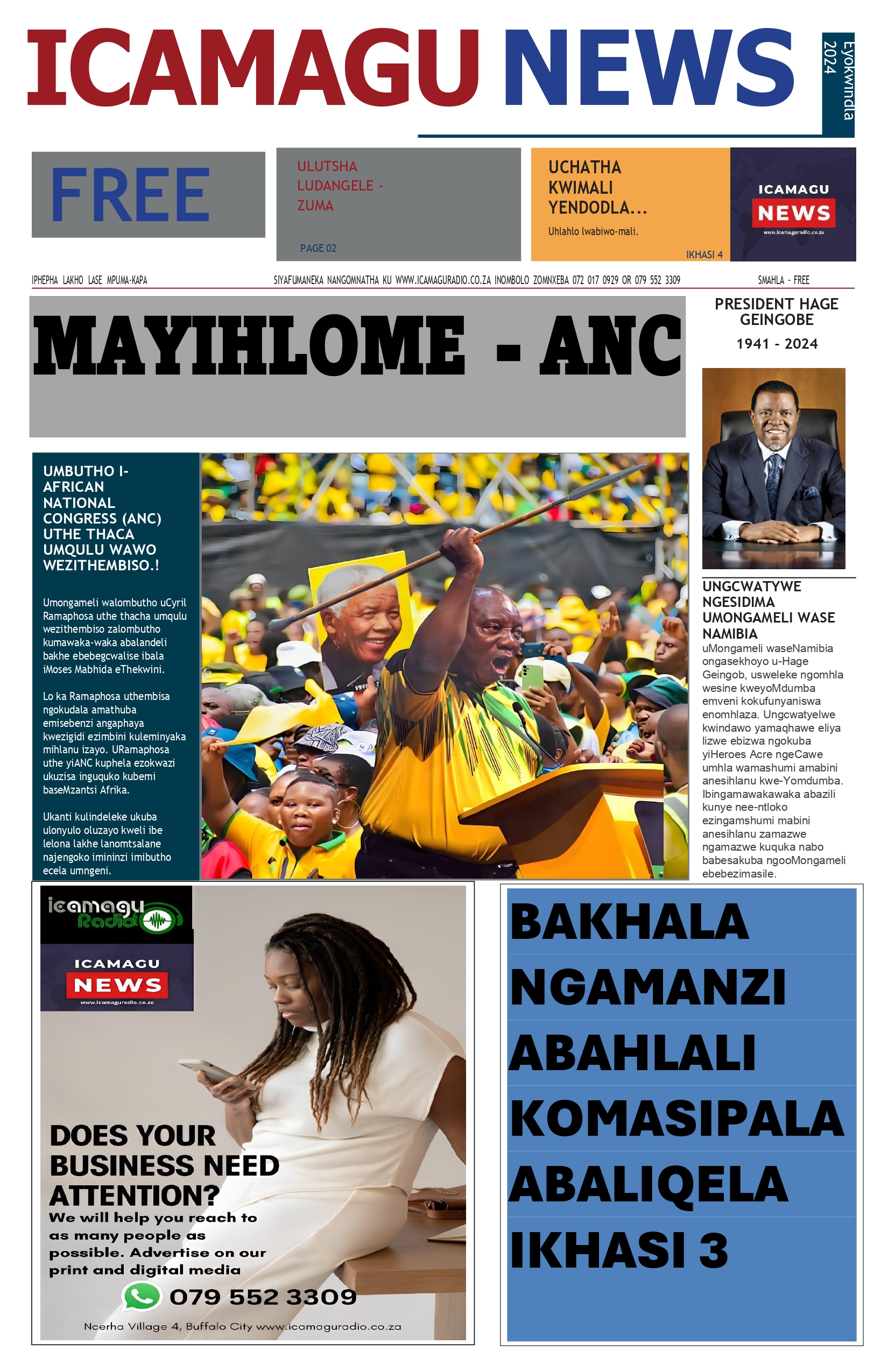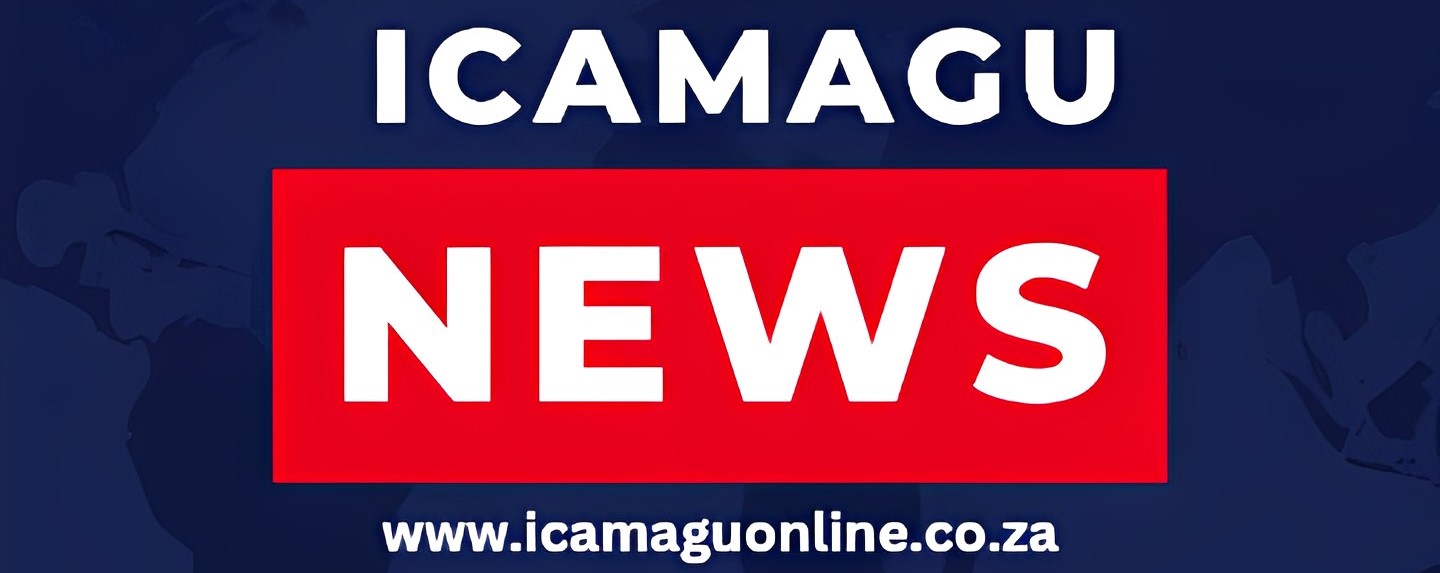By Lulama kaSozathini
Johannesburg – July 31, 2025
In an important ruling that affects every South African, the Johannesburg High Court has said loud and clear: you are allowed to record the police without being arrested.
This decision was made just yesterday and is already being called a huge win for human rights and freedom in the country. For many years, ordinary people were scared to film police officers during their work, especially in public places. Some were even threatened, harassed, or arrested for doing so. That changes now.
The court says that people can record what police are doing and ask them questions about their actions. And the police cannot arrest or charge you just for recording them.
This means South Africans now have more power to watch what police do and speak out when things go wrong.
Why This Ruling Matters
The Constitution of South Africa protects several basic rights. The court reminded everyone that:
- Freedom of Expression: You have the right to share and receive information — including filming events in public.
- Freedom of the Press: Even though this usually refers to journalists, the court said that ordinary people can also act like public watchdogs.
- Access to Information: You have the right to know what the government and police are doing.
By allowing people to record police without fear, this ruling helps make the police more honest and careful in how they treat the public. Recordings can also help prove when police do something wrong — or when they do something right.
What This Means for You
From now on, you can record police actions in public, as long as you don’t get in the way of their work or put anyone in danger. You can also ask them questions — and they must act within the law.
This ruling is not just for people in Johannesburg — it affects the whole country. It sets a new standard for how the police and the public should interact everywhere in South Africa.
A New Chapter for South Africa
This court case is more than just a legal win — it is a reminder that the people have power. The police work for the public, and they are not above the law.
As South Africans, we must also use this right wisely. Don’t interfere with police work, but do speak up and document when needed.
This is a big step forward for democracy and human rights in our country.
Let this day be remembered: the people have a voice — and now, they have the law to back it.


